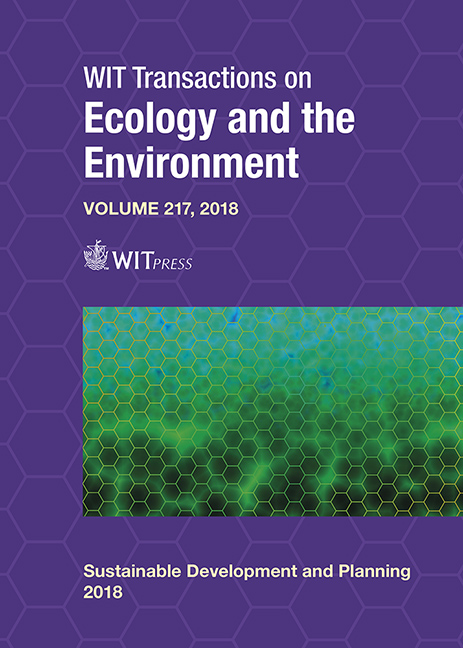REVISITING THE TRIPLE BOTTOM LINE
Price
Free (open access)
Transaction
Volume
217
Pages
12
Page Range
425 - 436
Published
2018
Size
296 kb
Paper DOI
10.2495/SDP180381
Copyright
WIT Press
Author(s)
RAINE ISAKSSON
Abstract
Sustainable development has been on global agendas for more than 30 years. Important improvements in reducing pollution and improving social conditions have been achieved in many countries. However, on the global level, human activities are highly unsustainable, exemplified with the fact that humanity needs the production of 1.7 planets for its yearly consumption. Corporate Social Responsibility (CSR) could be viewed as sustainable development for companies and organisations. CSR is frequently described with the Triple Bottom Line (TBL), often presented as Profit, People and Planet. The interpretation of the TBL could be difficult with challenges being such as what should be reported and how the three dimensions could be reconciled. Over time there has been a change shifting some of the focus from Profit to firstly Planet and then later on People. Defining Profit as part of CSR could be a challenge. Is profit maximisation part of CSR? Should all financial reporting be part of sustainability reporting or only the value created for all stakeholders? This paper discusses CSR from a stakeholder needs perspective and which effects this could have on sustainability indicators and the elements of the TBL. The preliminary results indicate that a paradigm shift is needed where this means that focus is moved from Profit to People and Planet. Parallel to the Quality Management strategy of customer focus as a way to create profit, stakeholder needs focus is proposed as a new strategy. Profit should be seen as a means to an end. Sustainability should be assessed in the entire company value chain. Integrated reporting including standard financial reporting is viewed as questionable. Reporting of Profit is proposed to focus on reporting value created for all stakeholders with focus on stakeholder needs.
Keywords
sustainability, triple bottom line, economic sustainability, agenda 2030, CSR, value per harm, quality management





